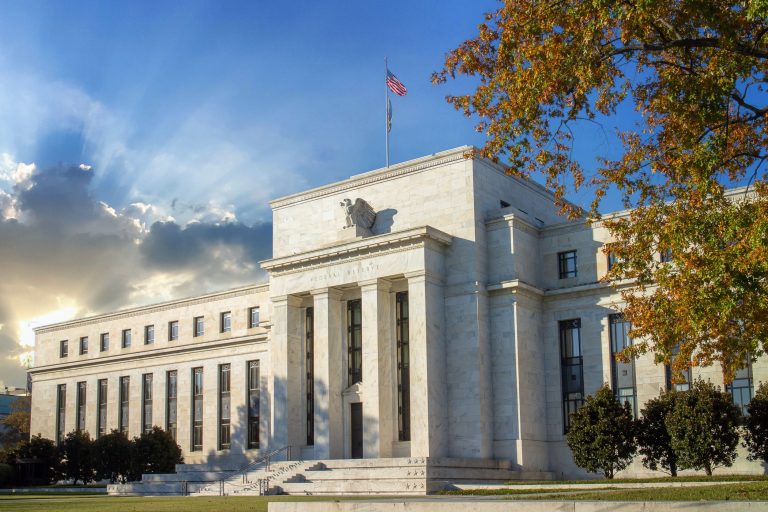Fixed-income investments look more attractive than they have in years, according to Rick Wurster – the chief executive of Charles Schwab Corporation (NYSE: SCHW).
The financial landscape has changed drastically following years of near-zero interest rates that pushed investors into bailing on government bonds.
Following rate hikes from global central banks to combat post-pandemic inflation, however, the fixed-income investments once again look appealing for those interested in steady returns with minimal risk, Schwab’s Wurster said in an interview with CNBC today.
The financial services behemoth saw a rising interest in fixed-income investments in its fiscal Q4.
Fixed-income investments offer minimal risk
Rick Wurster sounded positive on fixed-income investments in the said interview also because a number of them offer “great rates” at writing.
The 30-year Treasury Inflation-Protected Securities (TIPS), for example, looks particularly appealing for a retiree currently to lock in a 2.5% real yield with no inflation or any other risk at all, he added.
Rising yields have made fixed-income investments more suitable for portfolio diversification as well.
The chief executive remarks arrive only days after Charles Schwab reported its financial results for the fourth quarter that handily topped Street estimates. SCHW shares are currently up some 50% versus their low in September.
Could a 10-year Treasury yield surpass 5% in 2025?
In a separate interview with CNBC at the World Economic Forum in Davos, Switzerland, BlackRock chief executive Larry Fink said the 10-year Treasury yield could hit as much as 5.5% this year.
A further increase in the US10Y from the current 4.65% would “shock the equity market” and kick off a much-needed conversation on “how are we going to bring down our deficit,” he added.
President Trump’s focus on unlocking private capital to spur growth “could create new inflationary pressures” potentially supporting higher bond yields while negatively affecting the stock market, according to BlackRock’s Fink.
The benchmark S&P 500 index is up more than 4% versus its year-to-date low at writing.
Why are higher bond yields bad for the stock market?
Higher yields tend to weigh on the stock market primarily because they make bonds look more attractive compared to stocks.
As investors shift to bonds due to the appeal of higher yields and minimal risk, the demand for stocks takes a hit, resulting in a decline in share prices.
Additionally, higher bond yields often make borrowing more expensive for businesses. This can result in higher interest expenses, reducing corporate profits and discouraging expansion, which can negatively affect stock prices.
Finally, increased yields mean elevated discount rates used in calculating the present value of future cash flows.
Simply put, higher yields make the present value of future earnings lower, which can result in multiple contractions in lower stock valuations.
The post Is now a good time to be a fixed-income investor? appeared first on Invezz

